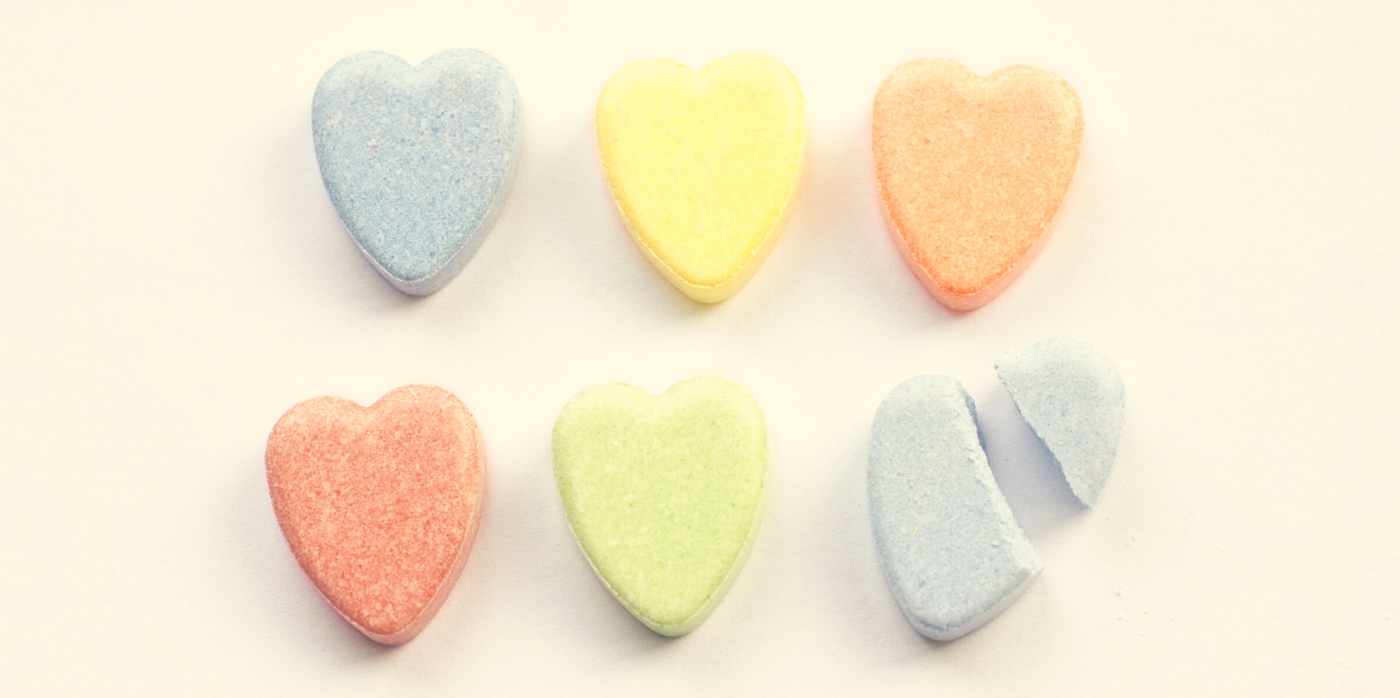Leaving an abusive relationship is hands down one of the hardest things you will ever have to do in your life. Whether or not you have physical scars from the abuse, there is still a healing process that needs to take place. You’ve taken the first step by leaving, but now the inside work must begin. In this article, you will find 5 actionable steps towards healing after an abusive relationship.
At the core of the healing process is the knowledge that you deserve to be happy. You never deserved the abuse that you endured. Peace, love, contentment, that is what you’re working towards by taking these steps.
1. Surround yourself with supportive people.
They could be your closest family members or virtual friends you met on the internet. The point is to surround yourself with people who are supportive and who will sit with you in your time of healing. They don’t need to understand the pain of an abusive relationship, but they do need to have a willingness and a desire to be there for you and to listen.
They don’t even need to offer any advice. Sometimes just having someone to talk to is enough to help the healing process move forward. Keeping your emotions bottled up inside will only extend the length of your healing, not eliminate it entirely.
While you’re surrounding yourself with love and support, make sure you’re also eliminating those who are not benefiting you along your healing journey. It’s okay to block people on social media and in real life if they are holding you back from finding your true self.
2. Make self-care a priority
Taking care of yourself physically and mentally is so important after leaving an abusive situation. For far too long, you have put another’s wants and needs above your own. Now it’s time to make yourself a priority.
Self-care isn’t all bubble baths and pedicures. It’s eating healthy foods, getting regular exercise, reading a good book, listening to soothing music, and anything else that feeds your mind, body, and soul in a positive and uplifting way.
Make it a goal to carve out time for self-care each and every day, especially when you are in the thick of your healing journey. Some other unique self-care ideas include:
- Writing affirmations
- Buying yourself flowers
- Making a vision board
- Going on a coffee date with a friend
- Taking a day off from social media
- Sitting outside in the sunshine
- Reading inspirational quotes
- Sleeping in late
- Buying yourself cozy bed sheets
- Watching the sunset
- Having a glass of wine
- Dancing around your bedroom
- Decluttering a closet
- Volunteering at a local animal shelter (Yes! Helping others is a form of self-care!)
- Performing a random act of kindness
- Watching an ASMR video
- Coloring, painting, or drawing
- Rearranging your office
Once you get into the pattern of self-care, don’t stop just because you’ve reached the desired point in your healing journey. Self-care is essential for everyone on a regular basis, no matter where you are in your life story.
3. Find a hobby you enjoy
If you were in an abusive situation, your ex was likely pretty controlling. You probably didn’t have time for friends or self-care, let alone a hobby. Now is the time to find something you really enjoy doing that doesn’t feel like work and that doesn’t remind you of your ex.
It can be something as simple as taking up nature photography or joining a Zumba class or something as in-depth as learning a new sport or new language. The definition of a hobby is “an activity done regularly in one’s leisure time for pleasure” so make sure whatever you are doing, it’s pleasing you.
This is also a great opportunity to reconnect with friends and family members you may have lost touch with during your abusive relationship. Things are always more fun when done with a friend, so ask them to join in on the hobby with you.
4. Reach out for professional help
Being in an abusive relationship is traumatizing. Leaving one can be even more difficult. Even though you know that you’re doing what is best for you, it’s still not easy. What you went through was hard and there is absolutely no shame in asking for help.
There are so many different resources to help you heal after an abusive relationship, from licensed social workers and psychologists to healing and divorce coaches. Coaching is an excellent resource because they become your accountability partner. A coach will push you positively towards your goal of healing in a way a friend or family member can’t. If you want to take the most actionable step of all, working with a coach is it.
Don’t wait until the pain gets too overwhelming to reach out. The sooner you tackle those feelings, the better. Healing after an abusive relationship is a lifelong process. There may be triggers that come up throughout your life that you’ll need to work through. Seeking the help of a professional who can give you the tools you need to cope is not weak. It’s the bravest thing you could ever do.
5. Release your thoughts
Keeping things bottled up inside will eventually lead you to explode. Releasing your thoughts, feelings, and negative energy over your abusive relationship will only benefit your healing process. Sweeping things under the rug can prolong it.
There are many ways to release your thoughts- talking, journaling, meditating, therapy, even exercise. Anything that helps you let go of that negative energy and fill your soul up with the positive will be very beneficial.
You don’t have to be a professional writer or an expert in meditation to feel the positive effects of releasing your thoughts. Just start somewhere and keep at it every day, a little bit at a time. You don’t need to take a giant leap towards healing. Sometimes baby steps each day are enough to get you towards your goal.
Remember what happened to you was not your fault. You didn’t deserve it and you are so brave for leaving and starting your journey towards healing. You will come out of this better and stronger because of it. Implementing 1, 2 or all 5 actionable steps towards healing after an abusive relationship will help you along your healing path. Keep going- you can do it!




